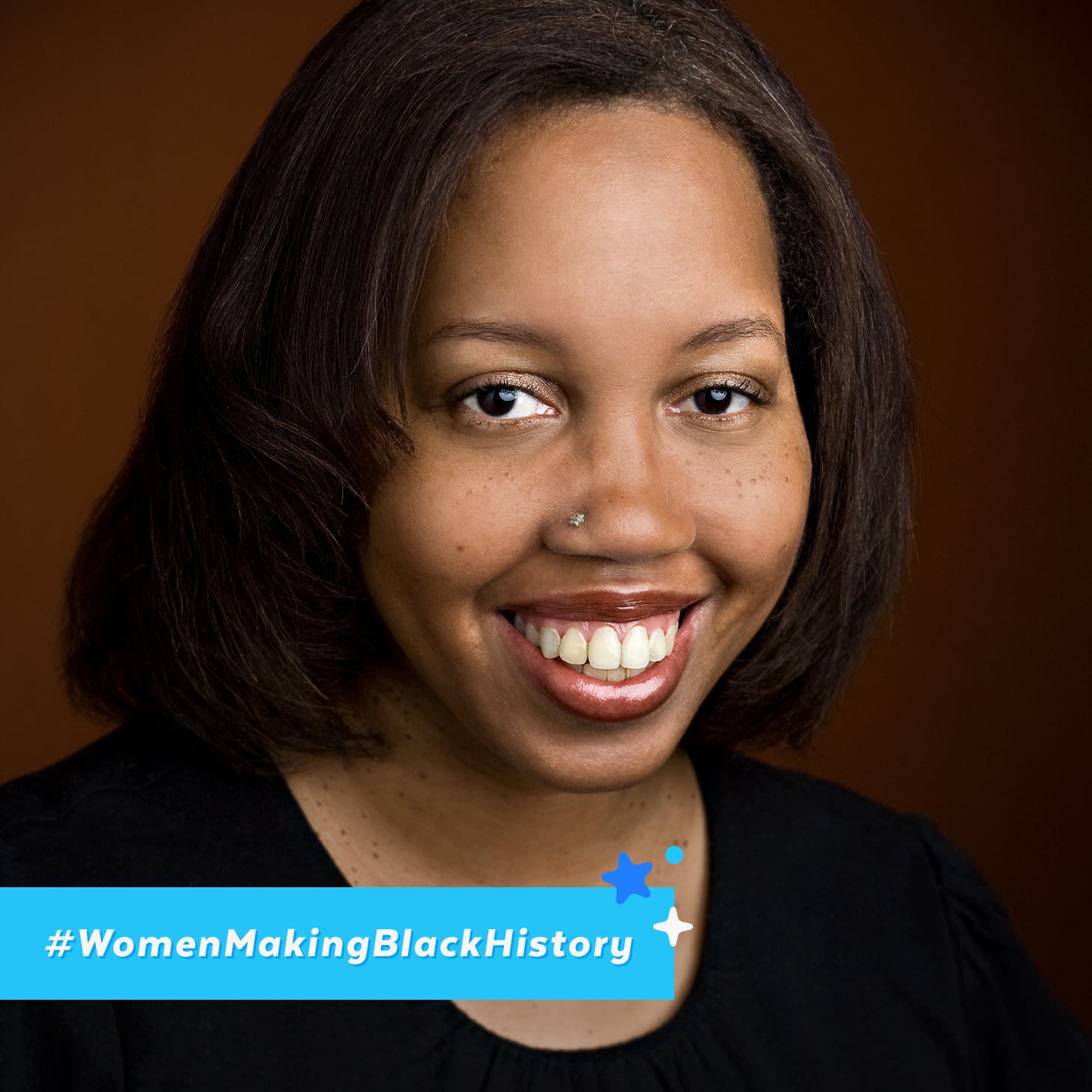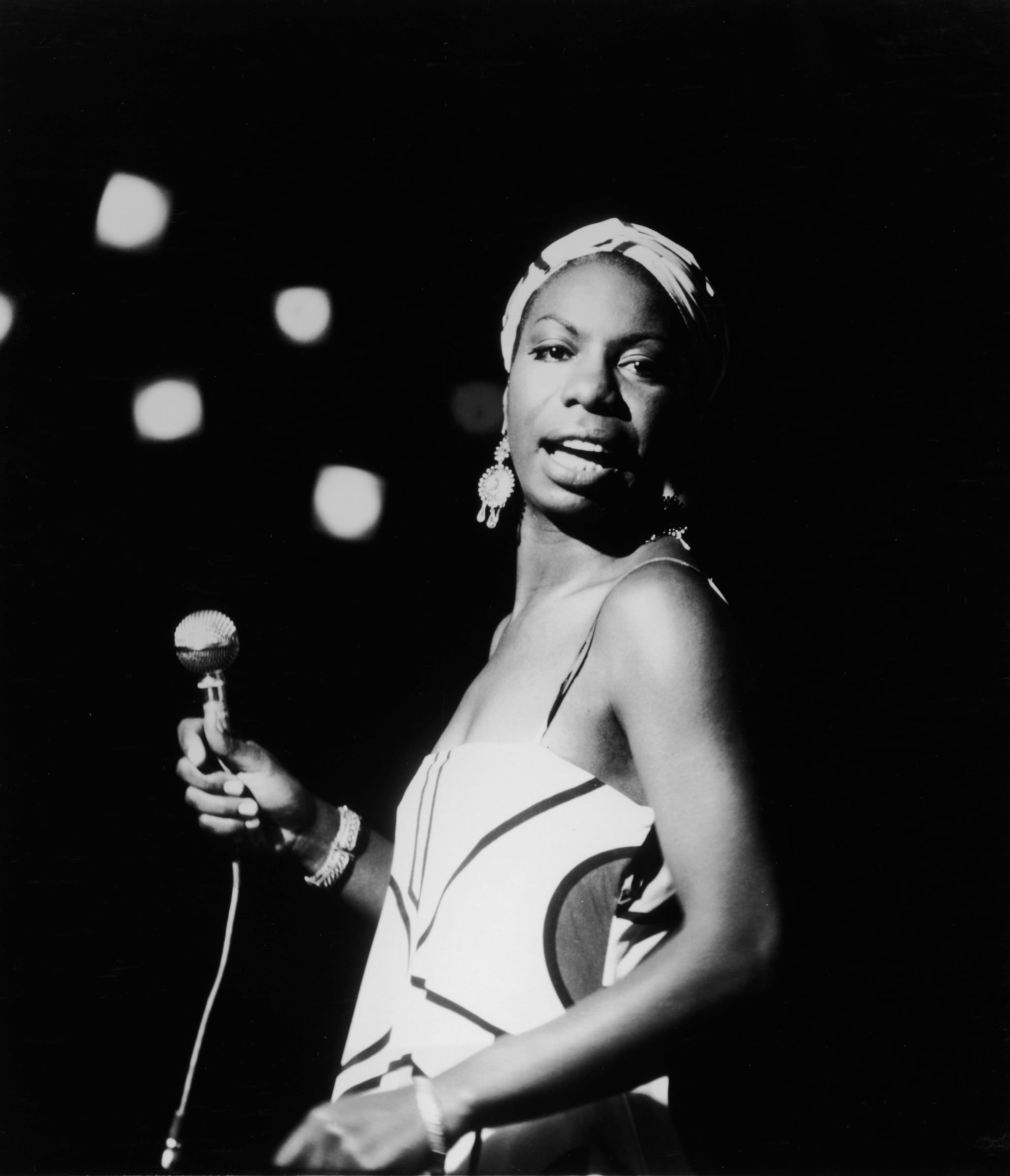 Image Source: Courtesy of Christina Ham [1]
Image Source: Courtesy of Christina Ham [1]
On September 15, 1963, the 16th Street Baptist Church in Birmingham, AL, was bombed by members of the Ku Klux Klan [2]. Four young girls were killed while inside the building, inciting a defining moment in the civil rights movement in America. The attack, senseless and outstandingly violent, created tangible images of the horror segregationists imposed upon black people in the South and around the country.
Playwright Christina Ham's most recent stage project, Nina Simone: Four Women [3], centers around larger-than-life musician and civil rights activist Nina Simone — but it's not the first play Ham has written in an effort to shed light on the violence in Birmingham in 1963. Ham took a more direct approach with her 2012 play, Four Little Girls: Birmingham 1963, a children's production that was directed by Tony Award-winner Phylicia Rashad and commemorated the 50th anniversary of the horrific attack. Four Little Girls was produced in 47 states and made a major historical and artistic impact on American audiences.
Nina Simone: Four Women takes a different direction by following the perspective and experience of Nina Simone to illustrate the time and era. Ham, a Los Angeles native, has a personal connection to Nina Simone's music. Simone's 1964 hit "Mississippi Goddam" [4] was inspired by the bombing at the 16th Street Baptist Church — a church Ham's mother's family regularly attended. After learning more about her family history, Ham felt like Nina Simone was singing to her.
Four Women is a vibrant story, but it doesn't overshadow other important works Ham has produced, which include a number of full-length plays, including A Wives' Tale [5], a futuristic drama set in postnuclear South Carolina; short productions like Crawlspace [6], which explores how learned sexual behavior in childhood translates to adult interactions; and children's theater and musicals like Ruby!: The Story of Ruby Bridges [7], a portrait of 6-year-old Bridges's unbeatable courage in the face of adversity.
Ham took the time to talk with me over the phone about her writing background and inspiration, what black women and Black History Month mean to her, and if intersectional feminism informs her work.
Jordannah Elizabeth: Nina Simone was a commissioned piece for Park Square Theatre in Saint Paul, MN. How does your writing process change when the project is requested from you?
Christina Ham: When a work has been commissioned by a theater, I still have to bring myself and my interests into the subject matter, otherwise it's not going to be of interest to me. I think that in the commissions that I'm receiving now, the theaters are actually looking for me to bring my unique perspective to the table. And that also informs the work in a way that they may not have expected it to and, in turn, makes it more dynamic.
JE: How do you find inspiration for original works?
CH: Most of the inspiration that I have for original works comes from a question that I have about something that's happening in the world, and I'm looking for answers. With Nina Simone it was looking beyond the artist, and also looking at the different shades of black women that were frameworked by the civil rights movement from all kinds of different socioeconomic backgrounds and how each of them (including Nina) was sidelined by a movement that was very black male-centric.
JE: As a black woman playwright, did you always feel you were destined to write plays or did you grow up thinking that you had to break into the industry, understanding there was going to be some form of marginalization?
CH: I think growing up I always knew I was a writer, period. There were a few years in college where I thought I was going to go to law school like most of my classmates, but then I took a couple of playwriting classes with [writer and professor] Velina Hasu Houston while I was at USC and everything changed. I never thought of myself as marginalized, even though I'm very aware of the numbers when it comes to women of color being produced on our regional stages. I would say I knew the field was tough, and I made a commitment to myself that I would stick with it because all I knew was that I had to write, and I wouldn't be dissuaded from that.
JE: Do you have any background in visual art or writing literature?
CH: I started out in journalism and then ended up majoring in English literature with an emphasis in creative writing at USC. I wish I had a background in visual art, but I am not gifted in that area, so I admire other artists' work.
"It's important for me to connect to black historical events because it tells me where I've come from, what I have to be proud of, and the legacy that I must continue."
JE: Do you consider some of your works as activism or intersectional feminism?
CH: I don't necessarily have an agenda when I write my plays, except to tell a good story. If themes begin to emerge — such as what it means to be an activist or critiquing the lack of intersectional feminism — then so be it. I never really categorize my work; that's left to others.
JE: What does Black History Month mean to you?
CH: I guess it's weird for it to be a month, because for me every month is Black History Month. I'm constantly educating myself on our history. As a former adjunct professor of Introduction to Black Theater History, my goal was always to delve into a lot of the history that students didn't always have access to. This was as exciting and educating for me as, I believe, it was for them. Black History Month has always been a time for me to reflect on the great work that we've done and the legacy that's been left to me by our elders. It's important for me to connect to black historical events because it tells me where I've come from, what I have to be proud of, and the legacy that I must continue."
 Nina Simone performing in 1964. Image Source: Getty / Hulton Archive [8]
Nina Simone performing in 1964. Image Source: Getty / Hulton Archive [8]
JE: Which black women writers inspired you?
CH: In no particular order of importance: Toni Morrison, Alice Childress, Octavia Butler, Sonia Sanchez, Lorraine Hansberry, Ida B. Wells, Zadie Smith, Lesley Arimah, and Kathleen Collins.
JE: How would you inspire young black women to forge ahead with their dreams in theater?
CH: In order for me to inspire other black female artists in theater, I do that through mentorship. I have mentored dozens of artists over the years (a lot of them women), and a lot of that entails reading their work, giving them feedback, and just being an ear that listens to their concerns and gives them advice. In other words, showing up is how I try to be there for fellow black women looking to break into the business.
JE: Would you ever consider acting? Do you think acting is a good skill to have when writing plays?
CH: No. My gift is writing, and I feel I am best when I am providing actors with material. I have heard it's a great skill to have when writing plays. [Laughs.] It enables you to understand that the goal of playwriting is to write material that actors can perform. Otherwise, it takes you a while to learn that lesson, if you ever do. I'm just way too self-conscious for it. I am so in love with writing that I have never ventured into the acting realm of things.
JE: Black women have stepped into the spotlight as the media reports more and more on stories related to the #MeToo movement. Do you think the black women narrative is a fleeting story or do you see hope for a more inclusive American culture?
CH: I certainly don't think that black women are a fleeting story; we are just getting started. I think as the demographics begin to shift more and more toward women of color, I can see our stories continuing to be even more urgent and folded into the American fabric — and I'm looking forward to that day.